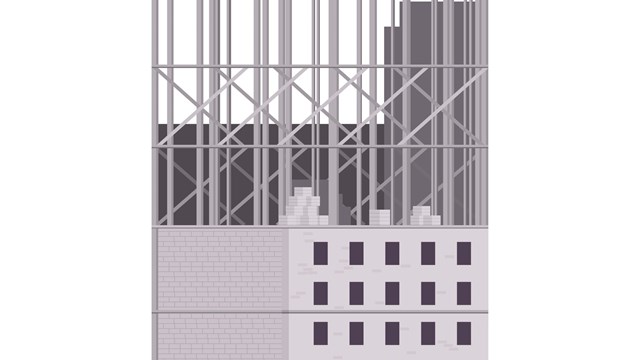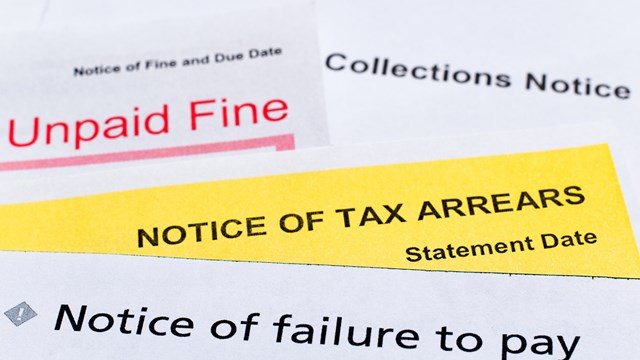—Waiting in New Jersey
“Taking an owner’s privileges away when he or she is in arrears is a good first step to alerting the owner that the association will not simply sit on its hands. The type of privileges that can be suspended depends upon each association’s governing documents. Most governing documents permit the suspension of voting rights and use of the common recreational facilities. Remember that the owner is entitled to due process and that the association’s governing documents may contain specific provisions that control the procedures involved.
“Revoking an owner’s right to park vehicles on the street can be accomplished where the streets are common elements and the board is authorized to regulate parking. However, unless the association is controlled by an access gate, the only way to enforce this restriction is by towing the vehicle or imposing additional fines. In order to tow a vehicle, the association must have adopted a parking resolution which provides for ample notice to the owners that non-payment will result in suspension of their parking privileges. Further, the community must be in compliance with the New Jersey Predatory Towing Prevention Act.
“While recording a lien against the unit is one step in the collection process, this alone will not necessarily result in receipt of the past due maintenance fees. Instead, the board will have to incur additional costs and either file a collection lawsuit or foreclose the lien. A collection lawsuit is ordinarily advantageous where a board believes the unit owner has a paying job or sufficient funds in the bank to cover the past due fees. Once a judgment is entered, an attorney will be able to levy upon the owner’s bank accounts or issue a wage garnishment to the owner’s employer. If however, the owner is unemployed and does not appear to have any funds, foreclosing the lien against the unit would be the most prudent course of action. In addition, if the unit is vacant or is occupied by a tenant, collection may be realized by the appointment of a rent receiver. This is accomplished in a foreclosure proceeding by an application to the court.
“Unfortunately, if there is no opportunity for a rent receiver, patience will be required since the foreclosure process is long and can take close to a year to complete. Moreover, foreclosing the lien may not result in recouping the past due amounts where there are mortgages which exceed the value of the unit, as is commonly the case in today’s economy. In addition, the association must be willing to purchase the unit at sheriff’s sale. However, once the lien is foreclosed and the unit sold, a new owner will take control of the unit and begin to pay maintenance fees going forward. Foreclosure of the lien may not always recoup past arrears, but it will serve the board’s ultimate goal of ensuring that each unit has an owner who fulfills his or her financial responsibilities.”







6 Comments
Leave a Comment